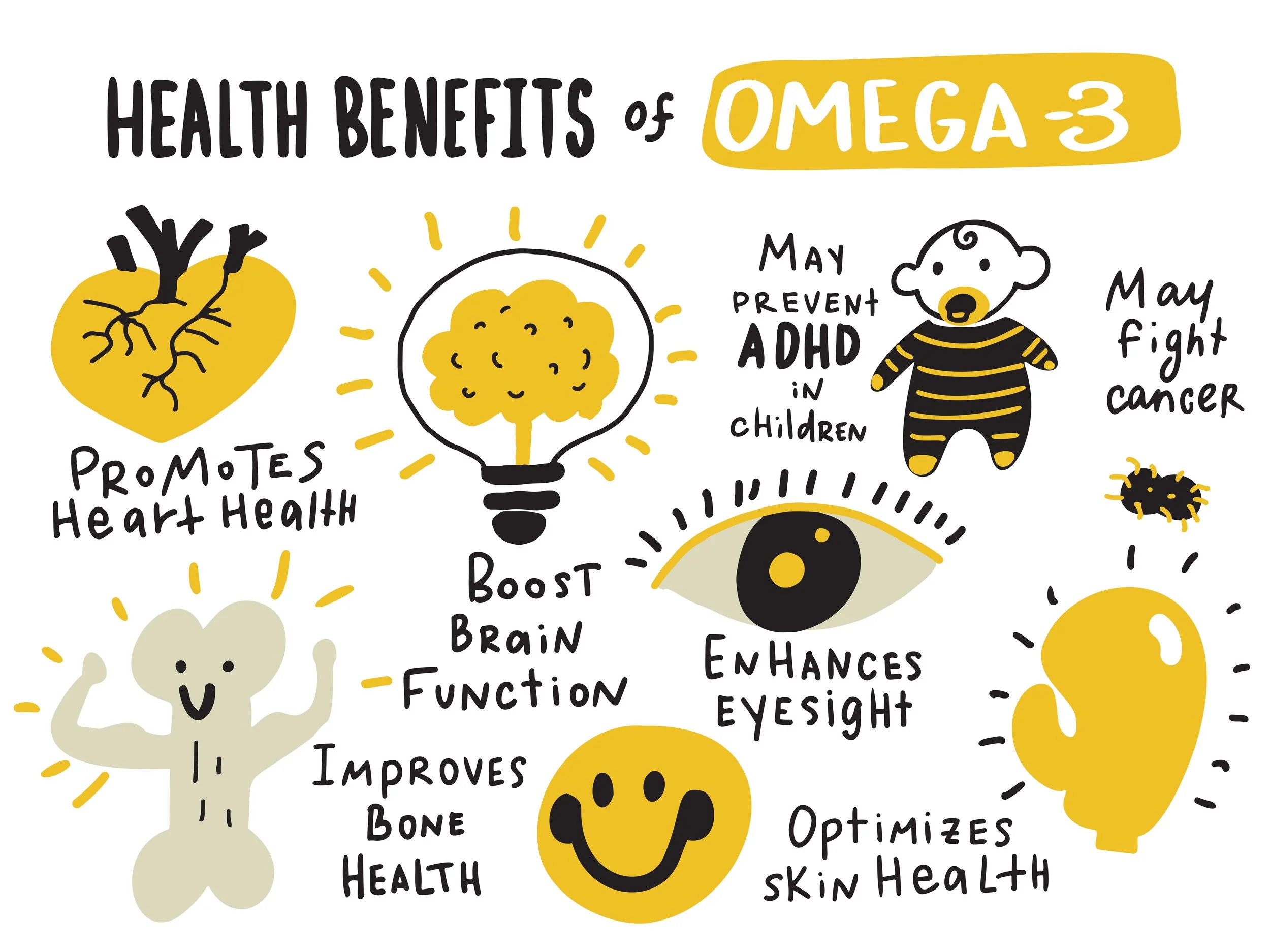How Eating Fish Can Improve Your Heart Health, Brain Health, and More
Introduction
Fish has been a staple food for humans for thousands of years. Apart from being a delicious source of protein, fish is also an excellent source of omega-3 fatty acids, which have been linked to a number of health benefits. In this blog post, we will discuss in detail why eating fish can improve your health.
Health Benefits of Eating Fish:
1. Omega-3 Fatty Acids:
Fish is one of the best dietary sources of omega-3 fatty acids, which are essential for good health. Omega-3s have been linked to a number of health benefits, including reducing the risk of heart disease, improving brain function, reducing inflammation, and improving joint health.
Omega-3s are also important for maintaining healthy skin and hair, reducing the risk of cancer, and improving overall wellbeing.
2. Heart Health:
Eating fish is good for your heart. Studies have shown that people who eat fish regularly have a lower risk of heart disease. This is because fish is rich in omega-3 fatty acids, which can reduce inflammation, lower blood pressure, and decrease the risk of heart attack and stroke.
Additionally, fish is low in saturated fat and high in protein, making it a healthy alternative to other meats that can be high in cholesterol and saturated fats.
3. Brain Health:
Omega-3 fatty acids are essential for maintaining good brain health. Studies have shown that people who eat fish regularly have better cognitive function and a lower risk of age-related cognitive decline and Alzheimer's disease.
Omega-3s have also been linked to improving mood and reducing the risk of depression. In fact, studies have shown that people who eat fish regularly are less likely to develop depression and are more likely to have better mental health overall.
4. Eye Health:
Fish is also good for your eyes. Omega-3s can help protect your eyes from age-related macular degeneration, which is a leading cause of vision loss in older adults. Omega-3s may also help prevent dry eye syndrome, which is a common eye condition that causes discomfort and blurry vision.
5. Joint Health:
Fish is an excellent source of protein, which is important for maintaining strong muscles and healthy joints. Additionally, the omega-3 fatty acids found in fish can help reduce inflammation and improve joint health.
Studies have shown that people who eat fish regularly have a lower risk of developing rheumatoid arthritis, which is a chronic inflammatory disorder that affects the joints.
6. Weight Management:
Fish is a low-calorie, high-protein food that can help you manage your weight. Protein is important for maintaining muscle mass and keeping you feeling full and satisfied.
Additionally, the omega-3s found in fish can help boost your metabolism, which can help you burn more calories and lose weight.
7. Immune System:
Fish is also good for your immune system. The high levels of omega-3s found in fish can help boost your immune system and reduce inflammation, which can help protect your body from infections and diseases.
8. Nutrient Dense:
Fish is a nutrient-dense food, which means it is packed with vitamins and minerals that are essential for good health. Fish is a good source of vitamin D, which is important for maintaining strong bones and teeth.
Additionally, fish is rich in minerals such as iron, zinc, and iodine, which are important for maintaining good health.
Conclusion:
In conclusion, eating fish can improve your health in a number of ways. Fish is rich in omega-3 fatty acids, which have been linked to reducing the risk of heart disease, improving brain function, reducing inflammation, and improving joint health.
Additionally, fish is low in saturated fat and high in protein, making it a healthy alternative to other meats that can be high in cholesterol and saturated fats.
Fish is also good for your eyes and immune system, and is a nutrient-dense food that can provide you with essential vitamins and minerals.
Overall, incorporating fish into your diet can provide numerous health benefits and contribute to your overall wellbeing. It is recommended that adults eat at least two servings of fish per week, with oily fish such as salmon, mackerel, and sardines being the best sources of omega-3s.
It is important to note that some types of fish can contain high levels of mercury and other toxins, which can be harmful to your health. Pregnant women, nursing mothers, and young children should be especially careful about the types of fish they eat, and should avoid eating fish that are high in mercury, such as shark, swordfish, and king mackerel.
In conclusion, eating fish is a delicious and healthy way to improve your health. It can provide you with essential nutrients, improve heart and brain health, reduce inflammation, improve joint health, help manage weight, boost your immune system, and protect your eyes. Incorporating fish into your diet is an easy way to improve your overall health and wellbeing.
Download See Fish and share all the pictures of the fish you catch!


